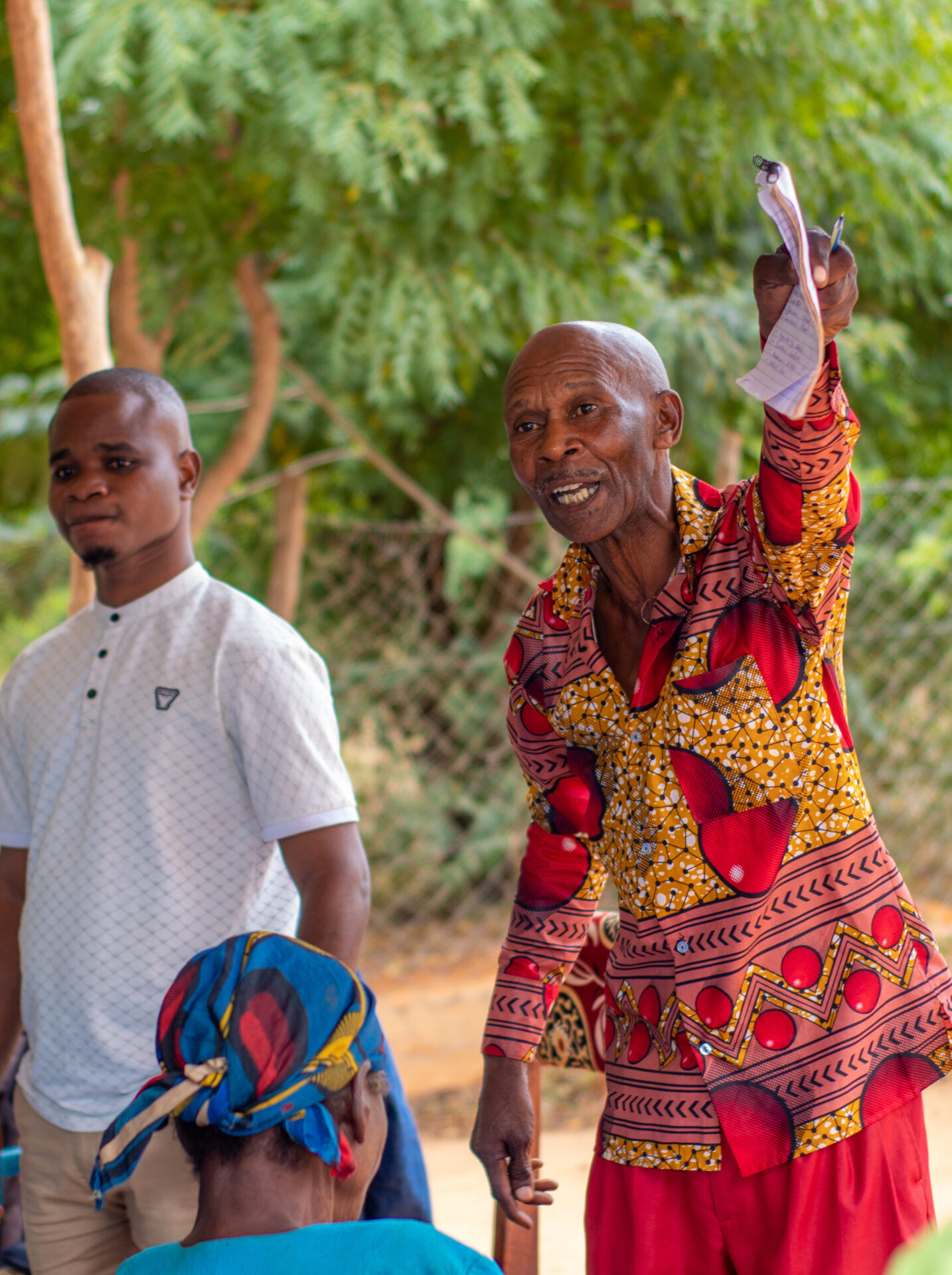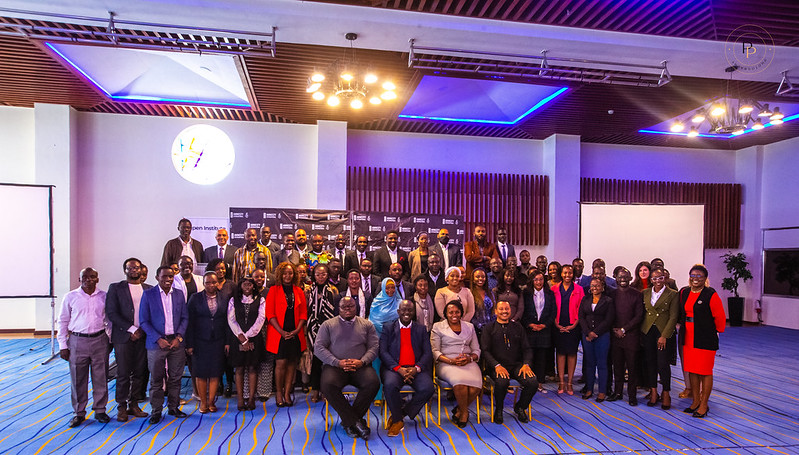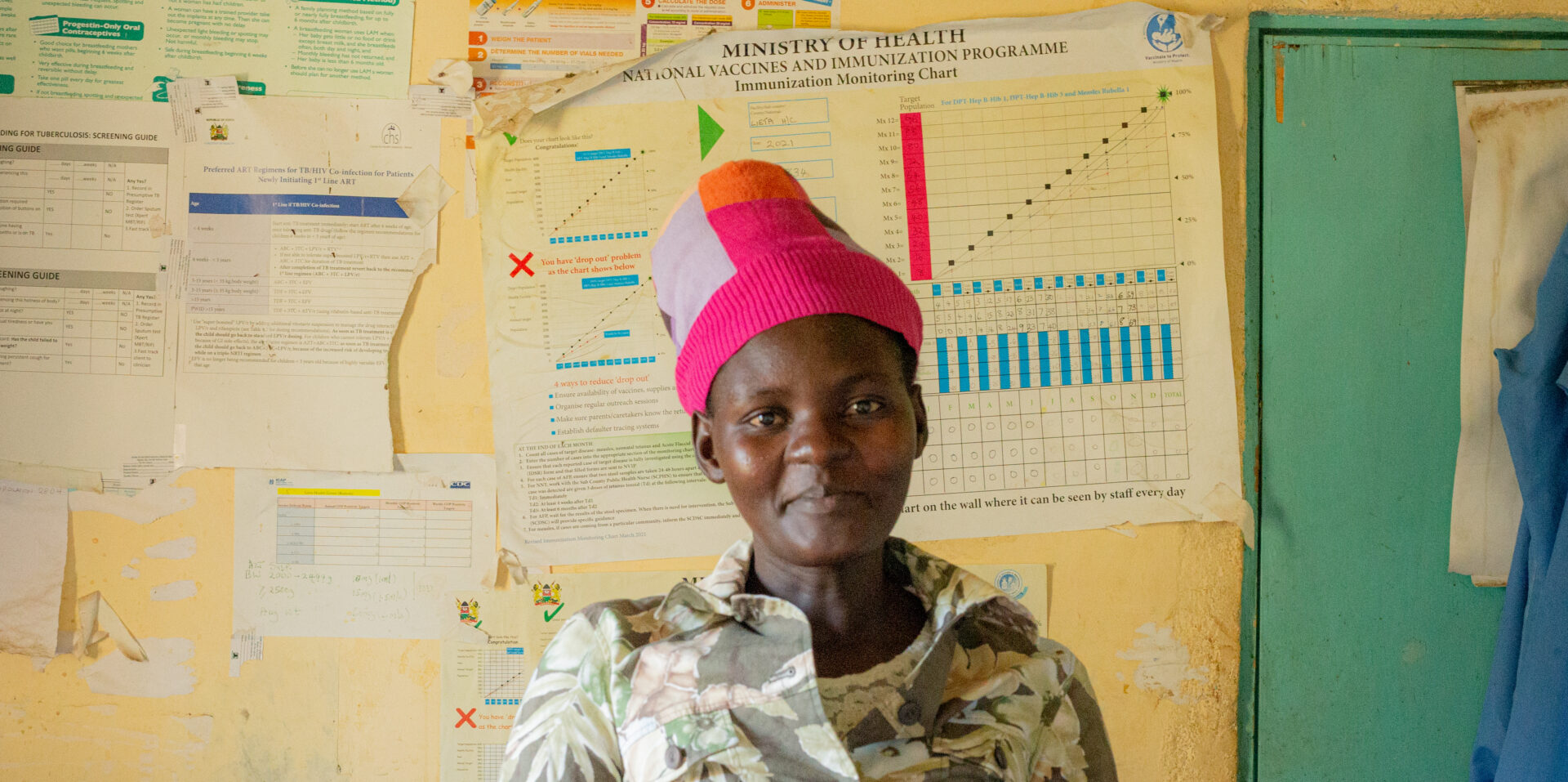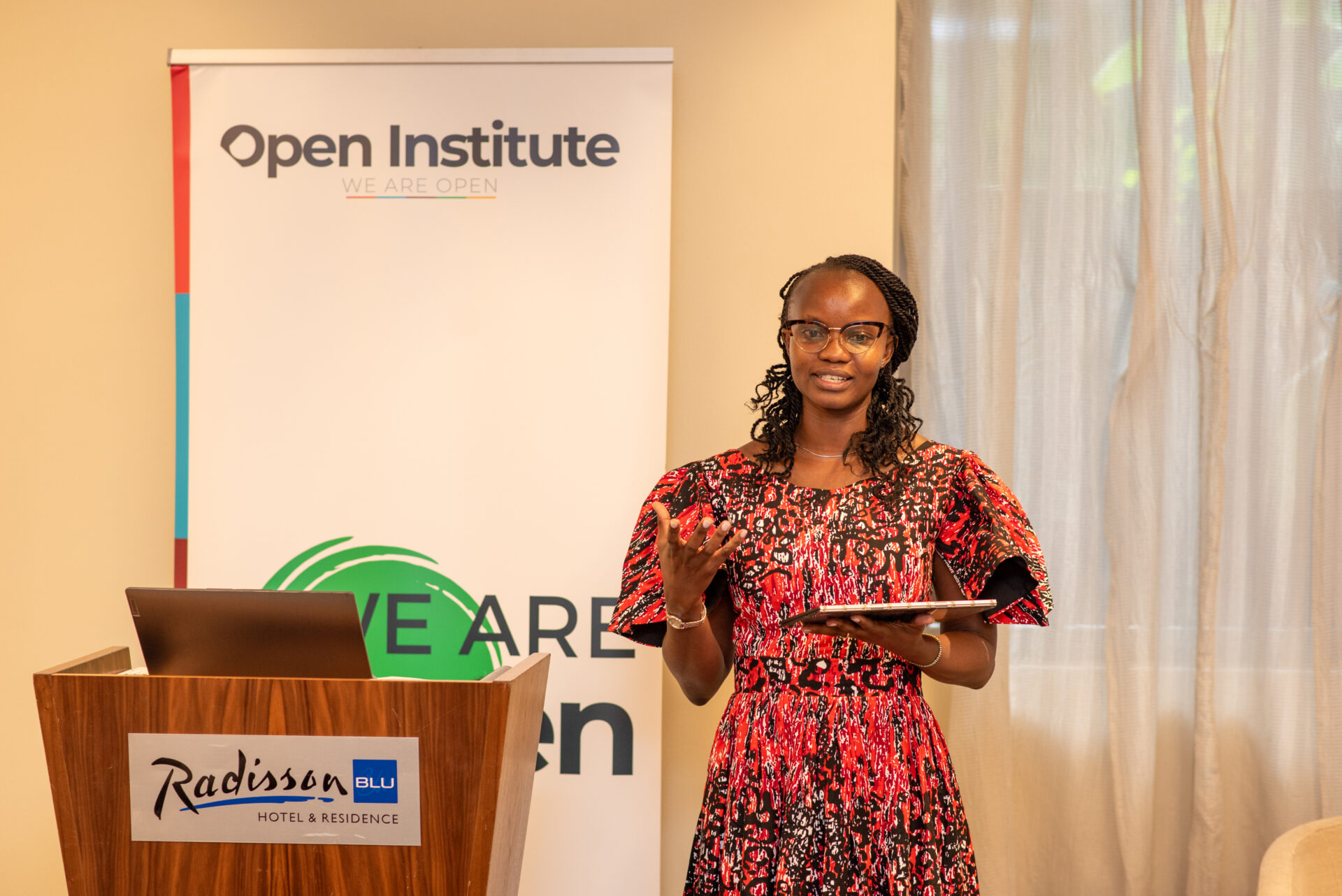Agriculture has been recognized as a major economic driver in the African region. Current statistics (http://www.un.org/en/sections/issues-depth/population/) indicate a population of 1.2 billion people in Africa with 200 million of them being the youth at the ages between 16 – 24 years. The growing number of youth, unfortunately, don’t see agriculture as a source of income because of the experiences are shown by their aging parents in which they used basic tools to farm and barely made ends meet to sustain the families.
“Africa is still on average 60% rural in population. The African Union has defined the immediate future around agriculture as the main force in the social and economic transformation of the continent,” says Professor Rukuni, who has published widely on African agriculture.
In Kenya, Agriculture is one of the pillars identified by the government to boost both the economy and increase food security. The government is working closely with the other stakeholders to identify ways on how to grow this sector as well as use innovative methods to increase and sustainable production. To address food security as well as issues relating to agriculture, deforestation and water access, a tool was developed by the Committee on Earth Observation Satellites (CEOS) in partnership with the Group on Earth Observations, Amazon Web Services, Strathmore University in Kenya, Office of the Deputy President – Kenya, and the Global Partnership for Sustainable Development Data (GPSDD). The Africa Regional Data Cube (ARDC) is a tool that utilizes the latest Earth Observation and Satellite Technology and is being piloted in Kenya, Senegal, Sierra Leone, Ghana, and Tanzania to address food security as well as issues relating to agriculture, deforestation, and water access.
The GPSDD which is a global network that brings together government, the private sector, and civil society organizations, drives action at the local, national and global level to ensure that SDGs are achieved using data revolution innovatively. Open Institute which is a member of the GPSDD community has been working with local communities and documenting that it is possible to achieve the SDGs from the hyperlocal level.
Open Institute leverages data to sensitize communities that they can make factual decisions to identify priorities within their community and enables them to find confidence in approaching stakeholders for solutions.
Open Institute has been working in Nakuru since 2015 and has had gained experience working with communities in different programmes and has understood the importance of working with stakeholders as well. Working with the government especially with local administrators have shown better success and a similar approach has been adopted to working with the county government. Using the Africa Regional Data Cube tool, Open Institute has been conducting several meetings to assess the availability of the data and how stakeholders can use the data to improve their services.
Open Institute facilitated leaders data literacy training to identify the challenges affecting farmers and opportunities that would be used to enhance the farm outputs and increase the farmers economy. The data literacy training that happened on 30th August 2018, had in attendance the County Executive (CEC) of Agriculture, Dr. Immaculate Njuthe, the Nakuru North Sub County Deputy County Commissioner Mr. Kisilu Mutua and several location chiefs where data was demonstrated to have effective uses that could drive better planning and decision making. The participants were invited to identify challenges the county and their region is facing in regards to Agriculture and factors surrounding the sector. Opportunities that could leverage service delivery especially at the local level were also presented. Some of the challenges that were identified included;
- That there was inadequate information that would inform on the type and quality of crops being produced in the region. This limited the planning of inputs required and outputs management of the produce.
- There was no information on markets hence could not advise on the best crop to prepare and where to target favorable markets.
- Farmers had low expectations on the capacity of the Agricultural Extension Officers because they were not available. This was because they were few and could not support the vast numbers of farmers in the regions and they hardly have the capacity to support their work.
- The is hardly any information to direct farmers on farm management and information on best practices
The Open Institute team, led by Al Kags, demonstrated the impact that the data collected by the community in Nakuru North Sub County locations had on the community and the engagements and conversations initiated between the community and the leaders. With data, the community members had the confidence to approach leaders and request for better services. Al also mentioned other sources that can be advantageous for planning and boosting agriculture in the region. Some of the useful data sources mentioned were;
- Use of weather data can be useful to map out the seasons enabling the farmers to know when to cultivate and prepare their land.
- Maturity data indicates the development of crops and the seasons they are best cultivated with expected harvest period. The maturity data can also be used to make decisions on the best crop to produce combining it with the weather data and soil data
- Soil data highlights the type of soils expected in the region with the levels of nutrients expected. Farmers can be able to test their soil and know the amounts of inputs required to maximize on the outputs.
- Market data advices on the best demand areas that the farmers can expect high returns for their yield.
The training that ended with the participants expecting to liaise better with themselves and take advantage of the information currently in their possession and build on it to enable them to know the gaps that need to be addressed soon and by using the African region Data Cube tool to build their capacity for service delivery.













